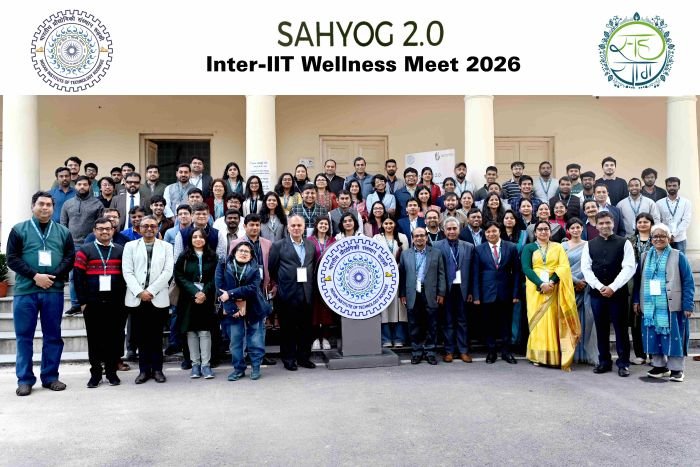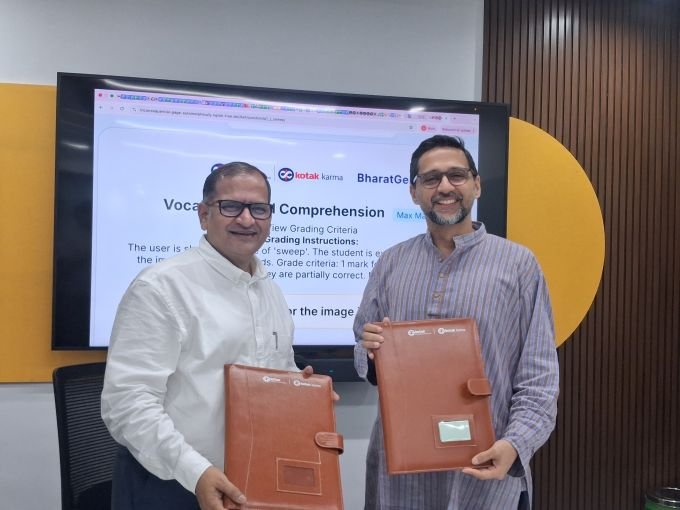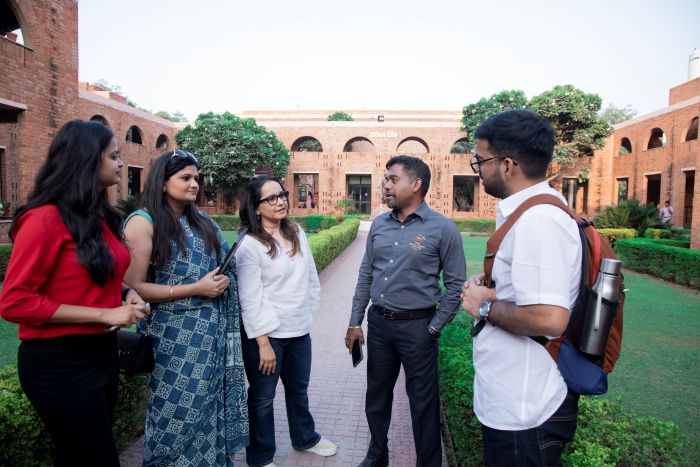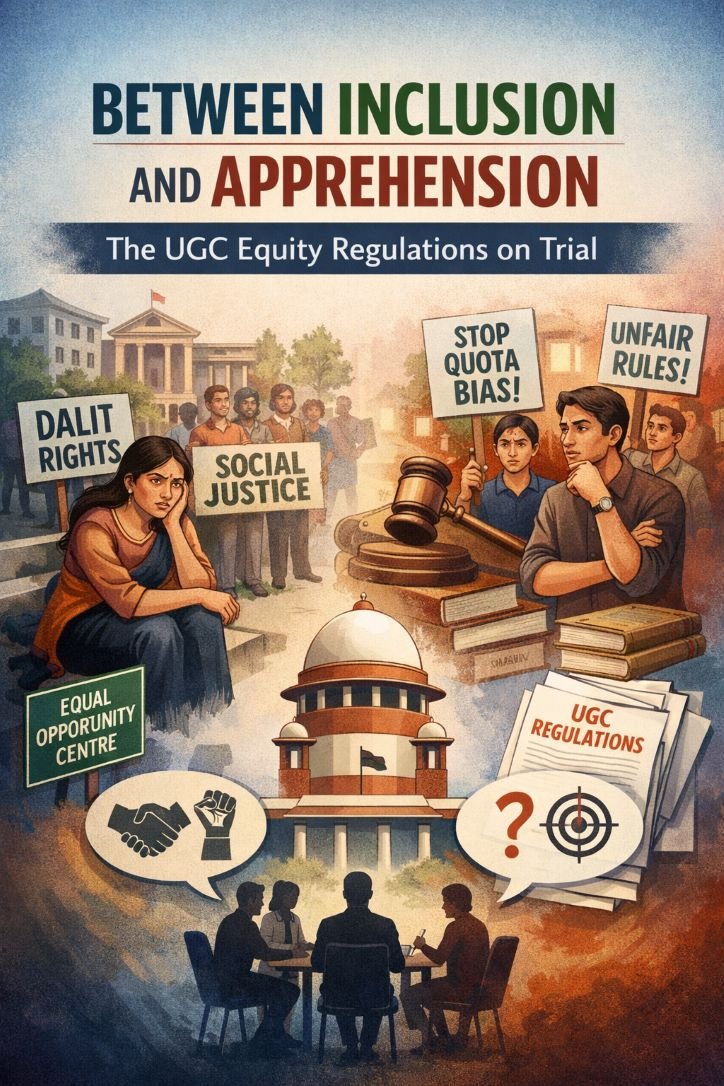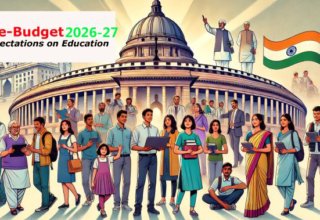
The three-Judge Bench of Dr D.Y. Chandrachud, Chief Justice, Justices J.B. Pardiwala and Manoj Misra, on November 5, 2024 upheld the validity of Madarsa Education (Board) 2004 holding that it is consistent with the positive obligation of the State to ensure that students studying in recognised Madarsas attain a level of competency which will allow them to effectively participate in society and earn a living. Significantly, the Court further held that Article 21-A of the Constitution and the Right to Education Act, 2009 must be read consistently with the right of religious and linguistic minorities to establish and administer educational institutions of their choice.
However, according to the SC the provisions of Madarsa Act concerning regulation of higher education can be severed from the rest of the Act. Even after severing these specific provisions, the Act can continue to be enforced in a real and substantial manner.
This anxiously anticipated judgement came after Allahabad High Court earlier this year declared Madarsa Act to be unconstitutional and directed the State to take steps forthwith for accommodating the Madarsa students in regular schools recognized under various education Boards and ensure that sufficient number of additional seats, and if required, additional schools, are created and established, respectively. The Court also directed that the State Government shall ensure that children between the ages of 6 to 14 years are not left without admission in duly recognized institutions.
This order was challenged in the Supreme Court of India. In April Supreme Court directed to put a stay on the afore-stated judgment stating that though the State has a legitimate interest in ensuring quality education for students to enable them to earn a degree, the High Court was prima facie wrong in striking down the legislation, which was only regulatory in nature.
The apex court said the Board of Madarsa Education (Board) with the approval of the State government can enact regulations to ensure that religious minority institutions impart secular education of a requisite standard without destroying their minority character. Furthermore, Madarsa Act is within the legislative competence of the State legislature and traceable to Entry 25 of List III. However, the Court also held that provisions of the Madarsa Act which seek to regulate higher-education degrees, such as Fazil and Kamil are unconstitutional as they are in conflict with the UGC Act, which has been enacted under Entry 66 of List I of the Constitution. With this judgment, the 3-Judge Bench also reversed the decision of Division Bench of Allahabad High Court, which had declared the Madarsa Act as unconstitutional for being violative of the principle of Secularism, Articles 14, 21 and 21-A of the Constitution and violative of Section 22 of the University Grants Commission Act, 1956 (‘UGC Act’).
“However, the right to administer minority educational institutions is not absolute. The right to administer educational institutions implies an obligation and duty of minority institutions to provide a standard of education to the students. The right to administer is, it is trite law, not the right to maladminister”. The State has an interest in ensuring that minority educational institutions provide standards of education similar to other educational institutions. The State can enact regulatory measures to promote efficiency and excellence of educational standards. Regulations about standards of education do not directly bear upon the management of minority institutions. The Court further explained that the State may impose regulation as a condition for grant of aid or recognition which must satisfy the three tests: (i) it must be reasonable and rational; (ii) it must be conducive to making the institution an effective vehicle of education for the minority community or other persons who resort to it; and (iii) it must be directed towards maintaining the excellence of education and efficiency of administration to prevent it from falling standards.
The matter first came to the fore when a writ petition was filed claiming that one of the petitioners was appointed as a part-time assistant teacher praying that no regular appointment should be made, and his service should be regularized. The main question that arose before Allahabad High Court was whether the provisions of the Madarsa Act stand the test of Secularism, which forms a part of the basic structure of the Constitution.
Concerning interplay of Articles 21-A and 30 of the Constitution, the Court said that Article 21-A imposes a constitutional obligation on the State to impart elementary and basic education, which in turn led to the enactment of RTE Act. Article 30(1) guarantees the right to establish and administer educational institutions of their choice to religious and linguistic minorities. The constitutional scheme allows the State to strike a balance between two objectives of ensuring the standard of excellence of minority educational institutions; and preserving the right of the minority to establish and administer its educational institution. The Court pointed out that Allahabad High Court erred in holding that education provided under the 2004 Act is violative of Article 21A because (i) The RTE Act which facilitates the fulfilment of the fundamental right under Article 21-A contains a specific provision by which it does not apply to minority educational institutions; (ii) The right of a religious minority to establish and administer Madarsas to impart both religious and secular education is protected by Article 30; and (iii) the Board and the State Government have sufficient regulatory powers to prescribe and regulate standards of education for the Madarsas.
The State legislature of Uttar Pradesh enacted the Madarsa Act which was deemed to come into force on 3-9-2004 with a view to removing the difficulties arisen in running the Madarsas, improving the merit therein and making available the best facility of study to the students studying in Madarsas it was decided to make a law to provide for the establishment of a Board of Madarsa Education in the state and for the matters connected therewith or incidental thereto.
Madarsa Act suggests that it was enacted to regulate the standard of education in Madarsas recognized by the Board for imparting Madarsa education. The Madarsa Act grants recognition to Madarsas to enable students to sit for an examination and obtain a degree, diploma, or certificate conferred by the Board. The statute envisages granting recognition to Madarsas which fulfil the prescribed standards for staff, instructions, equipment and buildings. The grant of recognition imposes a responsibility on the Madarsas to attain certain standards of education laid down by the Board. Access to quality teachers, course materials, and equipment will allow Madarsa students to achieve stipulated educational and professional standards.


